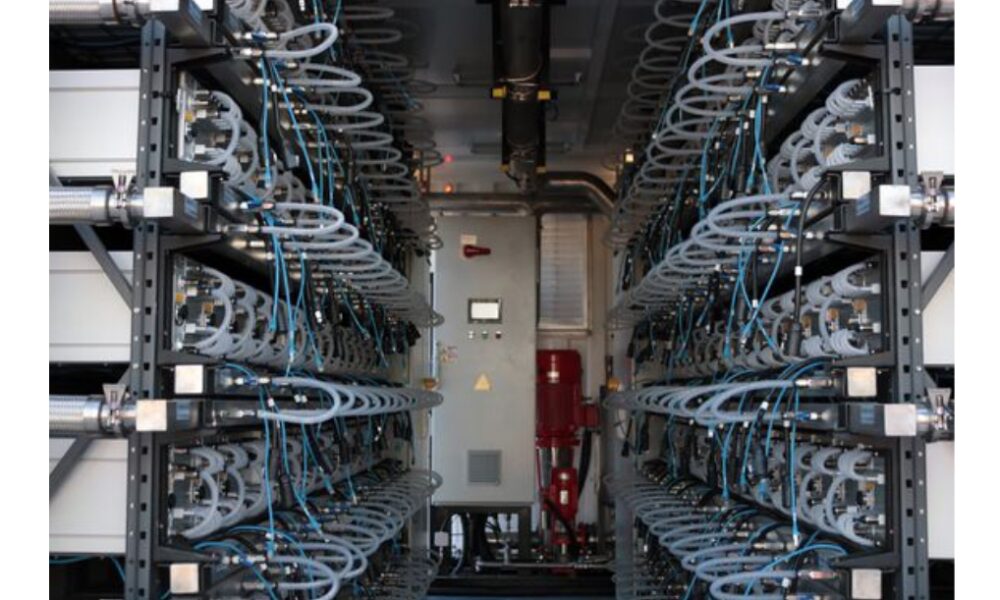A new government scheme to ensure UK AI advancements meet sustainability requirements, will meet for the first time on Tuesday.
The AI Energy Council, co-chaired by Tech Secretary Peter Kyle and Energy Secretary Ed Miliband, has been tasked with tackling the environmental issues surrounding the intense energy and water demands of AI technology.
Council members include energy sector and regulatory representatives from NESO, EDF, Scottish Power, Ofgem and the National Grid, as well as tech figures from Microsoft, Arm, Google and Amazon.
On the council’s agenda is exploring how clean energy can be support the efficiency of AI infrastructure, notably data centres, which use 400% more electricity than a decade ago.
The work of the AI Energy Council will ensure we aren’t just powering our AI needs to deliver new waves of opportunity in all parts of the country, but can do so in a way which is responsible and sustainable,” said Kyle.
Miliband added: “We are making the UK a clean energy superpower, building the homegrown energy this country needs to protect consumers and businesses, and drive economic growth, as part of our Plan for Change.
“AI can play an important role in building a new era of clean electricity for our country and as we unlock AI’s potential, this Council will help secure a sustainable scale up to benefit businesses and communities across the UK.”
Plans to form the AI Energy Council were announced as part of the AI Opportunities Action Plan released by the government in January.
Providers of AI and its underlying infrastructure are under intense pressure to enhance energy efficiency. Government plans to scale up the UK’s homegrown clean energy supplies could provide some relief.
As part of this plan, Prime Minister Keir Starmer announced in February reforms to planning rules to speed up the approval and construction of small modular reactors (SMRs) for nuclear energy.
Figures from the AI industry, including DeepMind’s sustainability lead Drew Purves, have claimed the energy demands of AI will fall over time, especially after the industry shifts from building large-scale foundational models towards customising and optimising specific tools.
Register for Free
Bookmark your favorite posts, get daily updates, and enjoy an ad-reduced experience.
Already have an account? Log in







